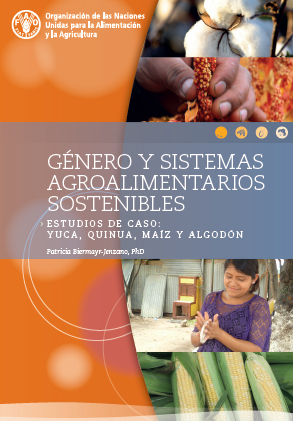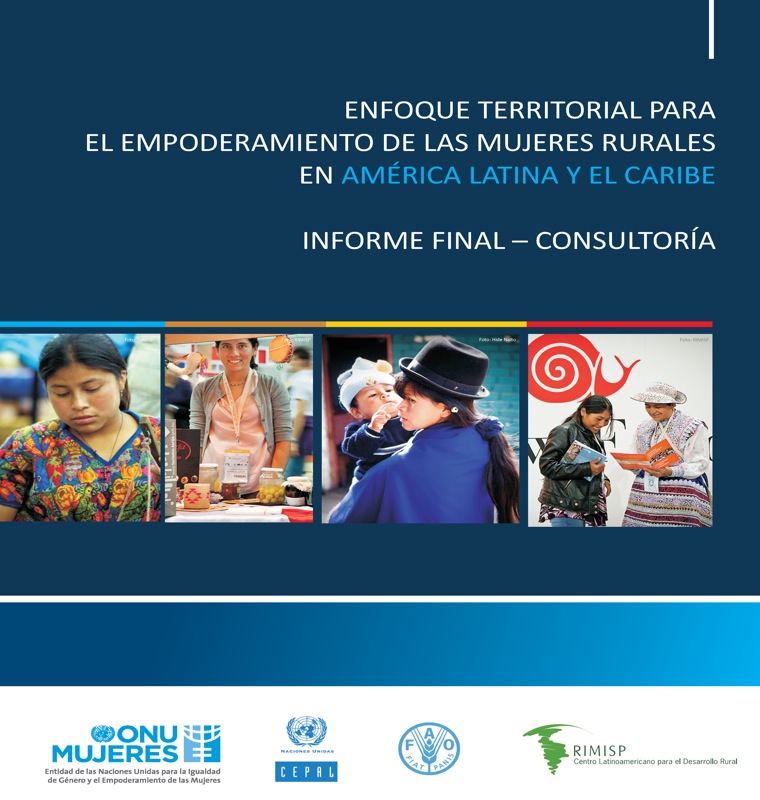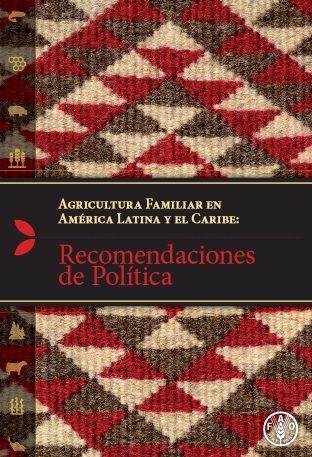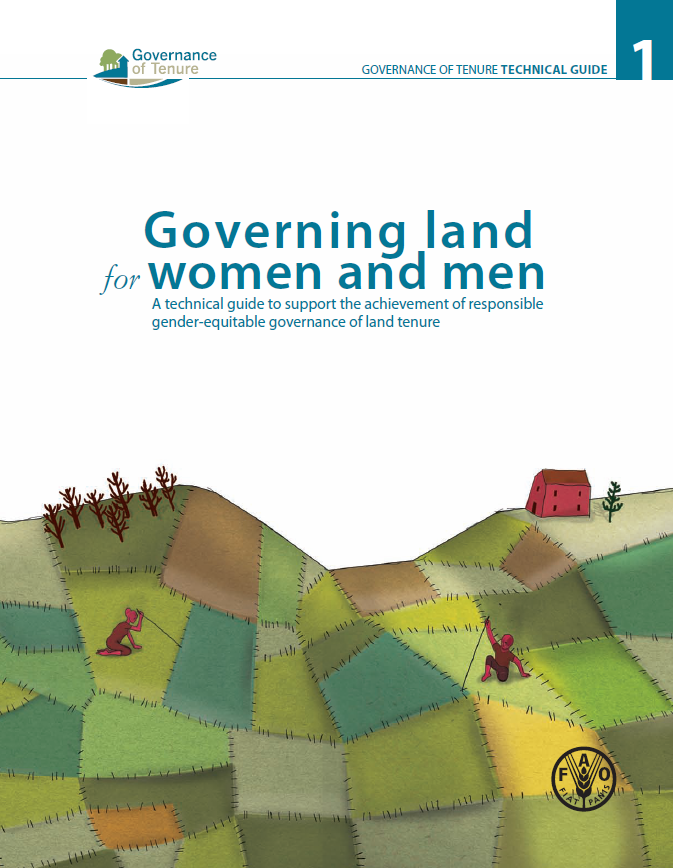Focal point
Location
The Food and Agriculture Organization of the United Nations leads international efforts to defeat hunger. Serving both developed and developing countries, FAO acts as a neutral forum where all nations meet as equals to negotiate agreements and debate policy. FAO is also a source of knowledge and information. We help developing countries and countries in transition modernize and improve agriculture, forestry and fisheries practices and ensure good nutrition for all. Since our founding in 1945, we have focused special attention on developing rural areas, home to 70 percent of the world's poor and hungry people.
Members:
Resources
Displaying 5066 - 5070 of 5074After the tsunami disaster. Rehabilitating fisheries and coastal areas.
The devastating tsunami has shown in a tragic way the great vulnerability and exposed nature of coastal communities to natural calamities. It also has drawn global attention to the poor living conditions of fishing communities and the many threats to the sustainable use of fishery resources and coastal ecosystems. Post-tsunami rehabilitation offers the opportunity to build back better, improve and make more secure the lives of disadvantaged sections of the population and set fisheries and coastal resource use on a sustainable footing.
Género y Sistemas Agroalimentarios Sostenibles. Estudios de caso: yuca, quinua, maíz y algodón
El sector agropecuario de América Latina es considerado el verdadero motor de la economía en los países de la región (World Bank, 2007; Organización de las Naciones Unidas para la Alimentación y
la Agricultura [FAO], 2013b). La vasta oferta de productos primarios, procesados y semiprocesados, que se comercializan de manera formal e informal en los mercados y puntos de venta de alimentos,
Enfoque Territorial para el Empoderamiento de las Mujeres Rurales en América Latina
Los documentos presentados se refieren a un estudio desarrollado en el marco de una iniciativa interagencial — Organización de las Naciones Unidas para las Mujeres (ONU-Mujeres), la Comisión Económica para América Latina y el Caribe (CEPAL), la Organización de las Naciones Unidas para la Alimentación y la Agricoltura (FAO) — liderada por ONU-Mujeres acerca del Enfoque Territorial para el Empoderamiento de las Mujeres Rurales en América Latina y el Caribe, la misma que fue coordinada por el Centro Latinoamericano para el Desarrollo Rural (RIMISP).
Agricultura Familiar en América Latina y el Caribe. Recomendaciones de Política
La agricultura familiar es un sector clave para lograr la erradicación del hambre y el cambio hacia sistemas agrícolas sostenibles en América Latina y el Caribe y el mundo. Los pequeños agricultores son aliados de la seguridad alimentaria y actores protagónicos en el esfuerzo de los países por lograr un futuro sin hambre. En nuestra región, el 80% de las explotaciones pertenecen a la agricultura familiar, incluyendo a más de 60 millones de personas, convirtiéndose en la principal fuente de empleo agrícola y rural.
Governing Land for Women and Men- A Technical Guide to Support The Achievement of Responsible Gender-Equitable Governance of Land tenure
[via FAO] This technical guide aims to assist implementation of the Voluntary Guidelines by providing guidance that supports the Guidelines' principle of gender equality in tenure governance. The guide focuses on equity and on how land tenure can be governed in ways that address the different needs and priorities of women and men. It moves away from long-standing debates about gender equality in access to land, towards the mainstreaming of gender issues to achieve more gender-equitable participation in the processes and institutions that underlie all decision-making about land.











